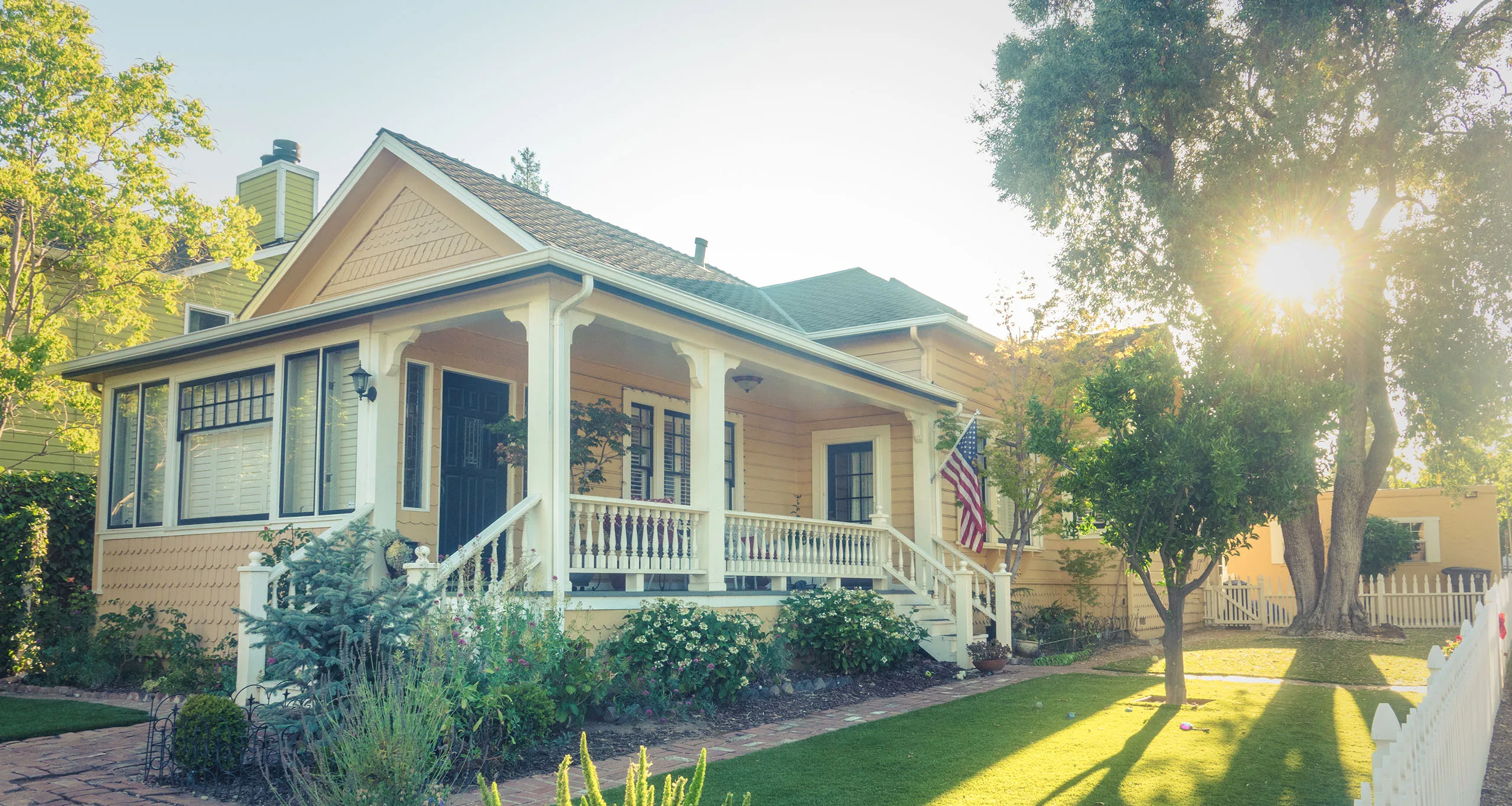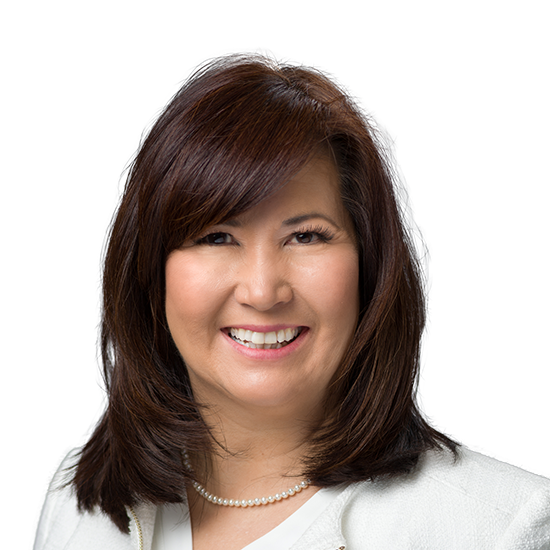FHA Mortgage Loans
What is an FHA Loan?
FHA loans are government-backed mortgages insured by the Federal Housing Administration, a division of the U.S. Department of Housing and Urban Development (HUD). This insurance protects lenders by covering potential losses if a borrower fails to repay the loan, making it less risky for them to offer financing.
One of the main advantages of FHA loans is their accessibility—they typically require a lower down payment and have more lenient credit score requirements compared to conventional loans. This makes them especially appealing to first-time homebuyers or those with limited credit history. However, borrowers are required to pay mortgage insurance premiums, which add to the overall cost of the loan.
FHA Loan Requirements
Down Payment
An FHA loan requires a minimum 3.5% down payment. Down payments can be made with gift assistance for an FHA loan, but they must be well-documented to ensure that the gift is not a loan. Typically, these gifts must be from a family member or fiancé.
FHA Mortgage Insurance
You have to pay a mortgage insurance premium (MIP) for an FHA loan. Mortgage insurance is put into place to insure your FHA lender against losses if you default on your loan.
In most cases, you pay mortgage insurance for the life of an FHA loan (unless you made a down payment of at least 10%, in which case, MIP would be on the loan for 11 years). FHA loan mortgage insurance is assessed in a couple of different ways. First, an upfront mortgage premium (UFMIP) is charged, which normally amounts to 1.75% of your base loan amount.
FHA borrowers also pay an annual mortgage insurance premium, which is based on the term (length) of your mortgage, your loan-to-value (LTV) ratio, your total mortgage amount and the size of your down payment. Annual MIP payments run approximately 0.45% – 1.05% of the base loan amount.
Types of FHA Loans
- FHA Purchase
- FHA Rate/Term Refinance
- FHA Streamline
- FHA Cash-Out Refinance
- FHA 203(k) Renovation Loan



















